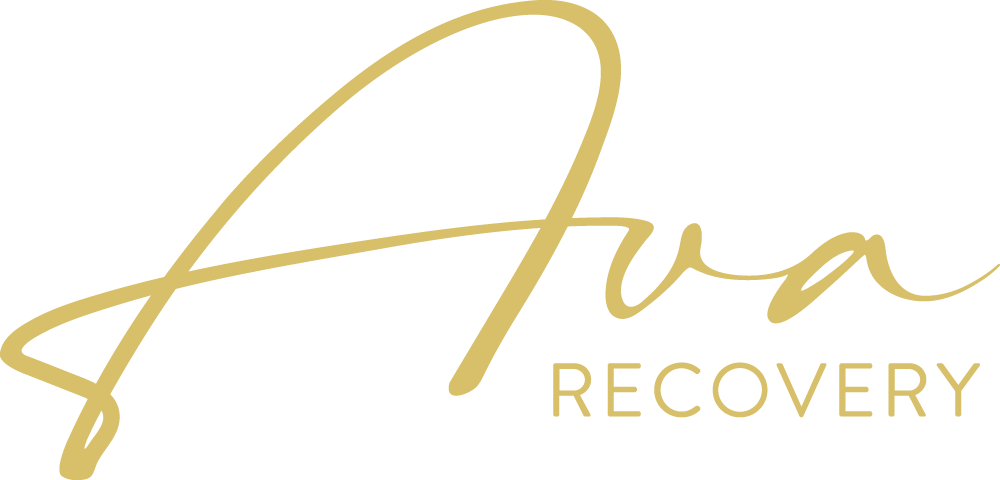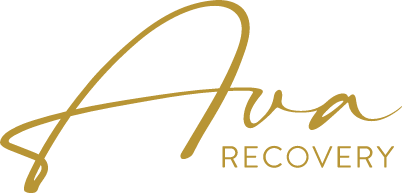“Sought through prayer and meditation to improve our conscious contact with God as we understood Him, praying only for knowledge of His will for us and the power to carry that out.”
– Big Book of AA
That quote is best known in recovery groups as the 11th step of AA’s 12-step program. The step calls for recovered addicts to continuously improve their conscious contact with a higher power through prayer and meditation.
But what exactly does that mean? And what’s the right way to practice meditation for substance abuse? Let’s have a look.
What’s Meditation?
Crossed legs, humming sounds, and touching fingertips might all come to mind when you think of meditation. But what exactly is it?
Despite its ancient origins, the practice is misunderstood in many ways. Meditation is an ancient practice based on quieting one’s mind and being aware of the present moment.
For some, it involves allowing thoughts to pass without acknowledging them. For others, it means focusing on letting the mind be clear. The truth is that there is no right or wrong way to do it and that in fact there are numerous different ways to practice the mindfulness technique.
Either way, meditation has proven to have an array of positive effects on the body and mind which practitioners seek. Which has helped education and has gained popularity in recent years. A survey carried out in 2017 showed that mediation practitioners tripled in 2018 from 4% to 14%.
What Are The Different Types of Meditation
There are a number of different meditation practices that addicts can try for recovery. Some of the most popular practices include:
- Mindfulness meditation: Practitioners allow thoughts to pass through their minds without being involved with them.
- Spiritual meditation: Focuses on developing an understanding and connection with a higher power.
- Mantra meditation: This meditation uses repetitive phrases or sounds to clear the mind.
- Visualization meditation: This technique is based on the visualization of scenes or images to bring about a positive feeling.
- Focused meditation: This meditation technique involves focusing on something to clear the mind. For example, focus on your breathing or on a focal point.
Can Meditation For Substance Abuse Help Addicts?
In short, yes. Mediation can help addicts cope with triggers, and emotions, change, and avoid relapses. So much so that the practice has been engraved into the 12 steps of different addiction groups
The practice has been found to help addicts combat anxiety and cravings that can lead to a relapse. Electroencephalography (EEG) and functional magnetic resonance imaging (fMRI) scans have helped prove the positive body effect that meditation and mindfulness have on the brain and the body.
Meditation can also do a great deal for negative self-talk and racing thoughts that addicts are well known to suffer from. By employing any of the practice techniques, recovering addicts can quiet their minds and be mindful of their thoughts and re-organize them into a healthy pattern.
The technique is also widely used during detox when mood swings can be particularly difficult to manage.
Meditation for Addiction
Finding sources that can teach you about meditation for substance abuse is not difficult these days. There are a number of online and offline sources to learn and maintain a meditation practice.
Many 12-step groups have meetings dedicated to meditation. In these meetings, one of the group members leads a guided meditation for addiction and the rest of the group joins for the duration of the meeting.
Rehabs and relapse prevention programs also tend to offer group-guided meditation for addiction sessions that alumni and visitors can join.
But meditation for substance abuse does not require you to schedule a session or to be in a group. The practice can be done in solitude in a place of your preference. Some may choose to meditate in nature and others in the comfort of their home. Ultimately, the goal is to reach a mindful state where one can obtain the benefits that meditation has to offer.
If you do choose to meditate on your own, there are some helpful online sources for music and guided meditation for addiction. One of my favorite sources to find the right guided meditations for addiction is YouTube.
The popular video-streaming platform features an expansive library of meditation content which includes a number of guided meditations that range from meditation for addiction to aligning your chakras.
There are, however, other platforms available that also offer great meditation for substance abuse options as well as other forms of meditation.
Other popular meditation platforms include:
- Music streaming apps (Spotify, Apple Music, Soundcloud, etc)
- Breathe
- Headspace
- Calm
- Buddhify
- iBreathe
- Breathe+
- Simple Habit
- Mindfulness with Petit BamBou
Meditation in Rehab
When choosing a rehab facility it’s imperative to consider the value that holistic practices can bring to your new way of living.
At Ava Recovery we understand that addiction recovery and the maintenance of it extend far beyond detox and therapy. It’s for this reason that our staff offers holistic practices such as meditation as part of our luxury recovery program.
Contact us today to learn more about how meditation can improve your life and your recovery.






